From childhood, Luis von Ahn, founder and CEO of Duolingo, understood the transformative power of learning another language–something he learned firsthand growing up in Guatemala.
Through persistence and sacrifice, he was one of the rare Guatemalan children to learn English–a skill that would lead to developing one of the most successful EdTech products of all time. For von Ahn, it was clear how this seemingly simple access to language education could change a person’s entire life.
“People talk about education as an equalizer, but I’ve seen how it can be a divider,” he explained in a 2014 White House interview on immigration. “Most ways to learn a language are expensive–they are geared toward the minority of people learning a language, not the majority.”
Von Ahn was determined to fix this. Duolingo fundamentally changed the landscape of self-guided education. But his roots are more humble than his credentials signal.
Luis von Ahn Finds His Inner Nerd
Born in Guatemala City, von Ahn had an interesting childhood. While both his parents worked in the medical field, he grew up exploring the candy factory owned by his mother’s family.
A curious child with a tendency to tinker, Von Ahn was obsessed with understanding how the machinery worked–fueling his curious nature further.
But it was when his mother gifted him an unwanted Commodore 64 personal computer that his path to Duolingo really began.
“I learned how to code because of necessity, " von Ahn explained to Stanford GSB’s View From The Top. “I was eight years old and I wanted a Nintendo, and my mother bought me a computer instead, and so I had to figure out how to use it.”
In the 1980s, this was an incredibly complex task, leaving him to figure out how the technology worked on his own. He was elated when he discovered games designed for his new toy. Unfortunately, they cost money, something his mother denied him.
So he got creative. Using his basic coding skills, he built “very crappy games” to earn his own cash. From that point on, he was a self-proclaimed and committed computer nerd.
Don’t Pull Up Ladder
Von Ahn had been granted access to what many children could only dream of. At the time, the completion rate for primary school in Guatemala was below 40 percent.
“Even though I didn’t grow up rich, I was fortunate that my mother spent basically all her money on sending me to this fancy school [to learn English],” von Ahn on Aquired’s podcast, ACQ2. He said it was easy to see the discrepancies, even as a child–and it stuck with him.
Then, in 1996, his world was shaken when his aunt was kidnapped and held for a week.
This encouraged the high school senior to look outside of Guatemala for higher education. But he hit a wall that year when he discovered there were no open spots to take a required English proficiency test. His family ended up having to pay $1,000 for a ticket to El Salvador so he could take the exam there instead.
But it eventually paid off. After receiving his bachelor’s degree in mathematics from Duke University in 2000, von Ahn became a graduate researcher at Carnegie Mellon University in Pittsburgh–earning his master’s and doctorate degrees in computer science.
Over the years, after all he had seen and experienced, von Ahn was fed up with his country’s neglect and became a vocal anti-government corruption advocate. He went as far as personally funding Guatemalan investigative journalism outlets.
“Other than doing things that would probably risk my life, this is one thing that I think I can do to help,” von Ahn went on to tell AQ2.
Then, in 2021, he went even further and established the Luis von Ahn Foundation, which aims to create “a future where all Guatemalans are equally valued, can thrive and are able to fully exercise their human rights.”
Von Ahn’s investment in education and anti-corruption advocacy has even transferred to the private sector, calling for entrepreneurs to step up in reducing inequality.
Introducing CAPTCHA
Initially, von Ahn dreamed of becoming a professor, but found a more rewarding experience building things. This made him a perfect fit for the computer science department at Carnegie Mellon University, where he would focus on how technology could maximize human potential.
There, he helped develop the field of human computation, known to many as crowdsourcing, which involves building systems “that combine humans and computers to solve large-scale problems that neither can solve alone.”
This work became the foundation for his earlier work on CAPTCHA, that was developed as a security measure that uses tests for distinguishing hardware from human beings. Then in 2001, Yahoo! became the first organization to introduce CAPTCHA, which spread like wildfire.
He later developed reCAPTCHA, which continued to protect against bot attacks while transcribing scans of archived newspapers and books. By 2009, reCAPTCHA captured the attention of Google and von Ahn sold the company.
Duolingo
Von Ahn never lost his desire to make education accessible and universal, which was reignited after his sale to Google.
In 2011, co-founded the language learning platform Duolingo with his former student, Severin Hacker,. The app’s gamified approach coupled with micro-lesson led to it being the world’s most popular way to learn languages.
But there was one issue, at least according to potential investors: there was no focus on capital; only prioritizing its mission to universal education access.
It wasn’t until 2016, after Google Capital (now CapitalG,) that Duolingo became more interested in cash flow. As von Ahn told Acquired, their new investor flew a partner out to meet them personally: “She got us drunk and she said, you got to start making money, like tomorrow.”
They presented these new guidelines to their employees. They saw scaling as a threat to the good work they were trying to do.
“I had to explain, you can’t raise funding forever,” he continued. “It took about six months to convince the employees of the company that it was in fact not evil to make money.”
After a year, the loyal employees trusted their leaders to focus on improving products over massive profits. With that, the co-founders began to strategize, asking how they could respect the mission without declaring bankruptcy. In the end, they created one of the first freemium models as a solution–offering product with ads or purchasing a subscription.
“I really want to have a positive impact on education,” he concluded with Stanford Business when asked about “Leaving Your Mark.” “I really want it to be the case that we can show that screen time is actually useful for the world, and I think we can make a big change.”
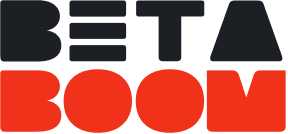
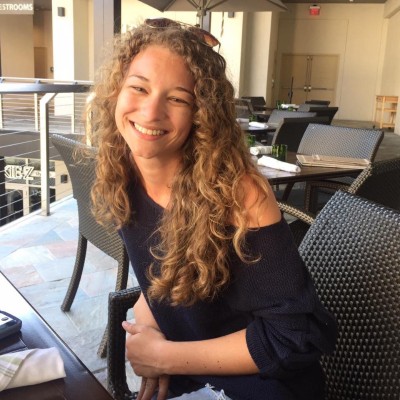
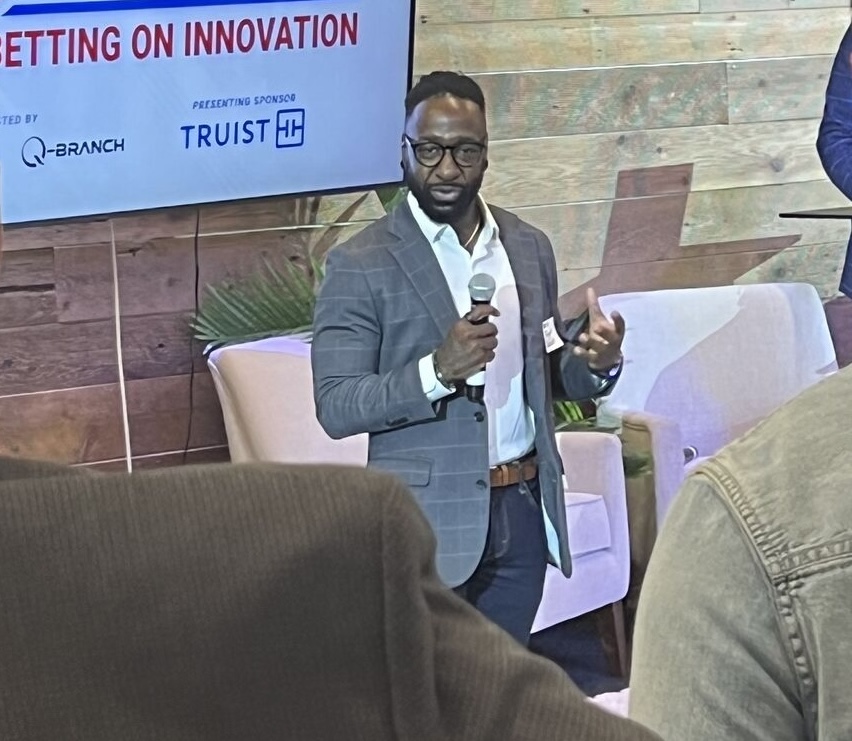
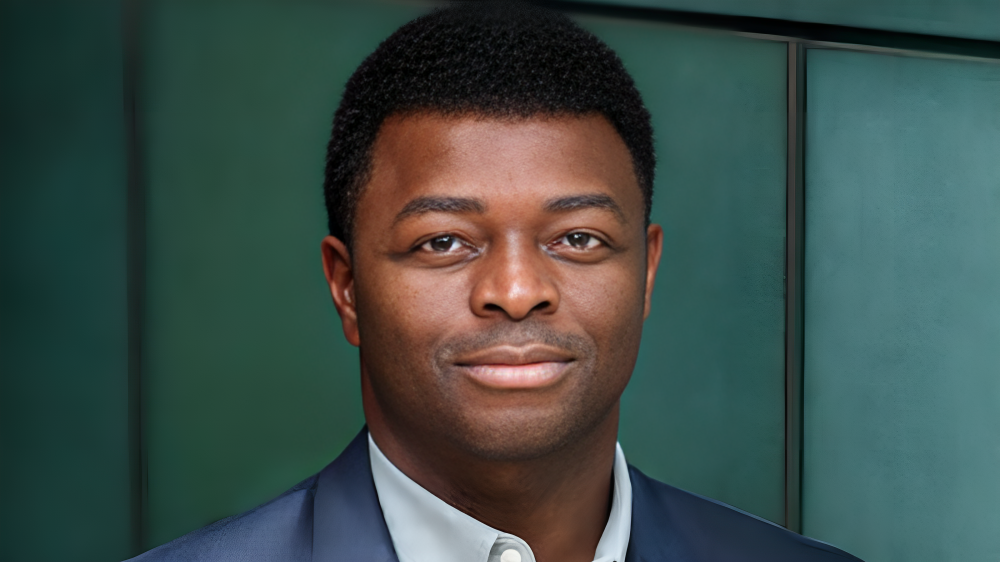
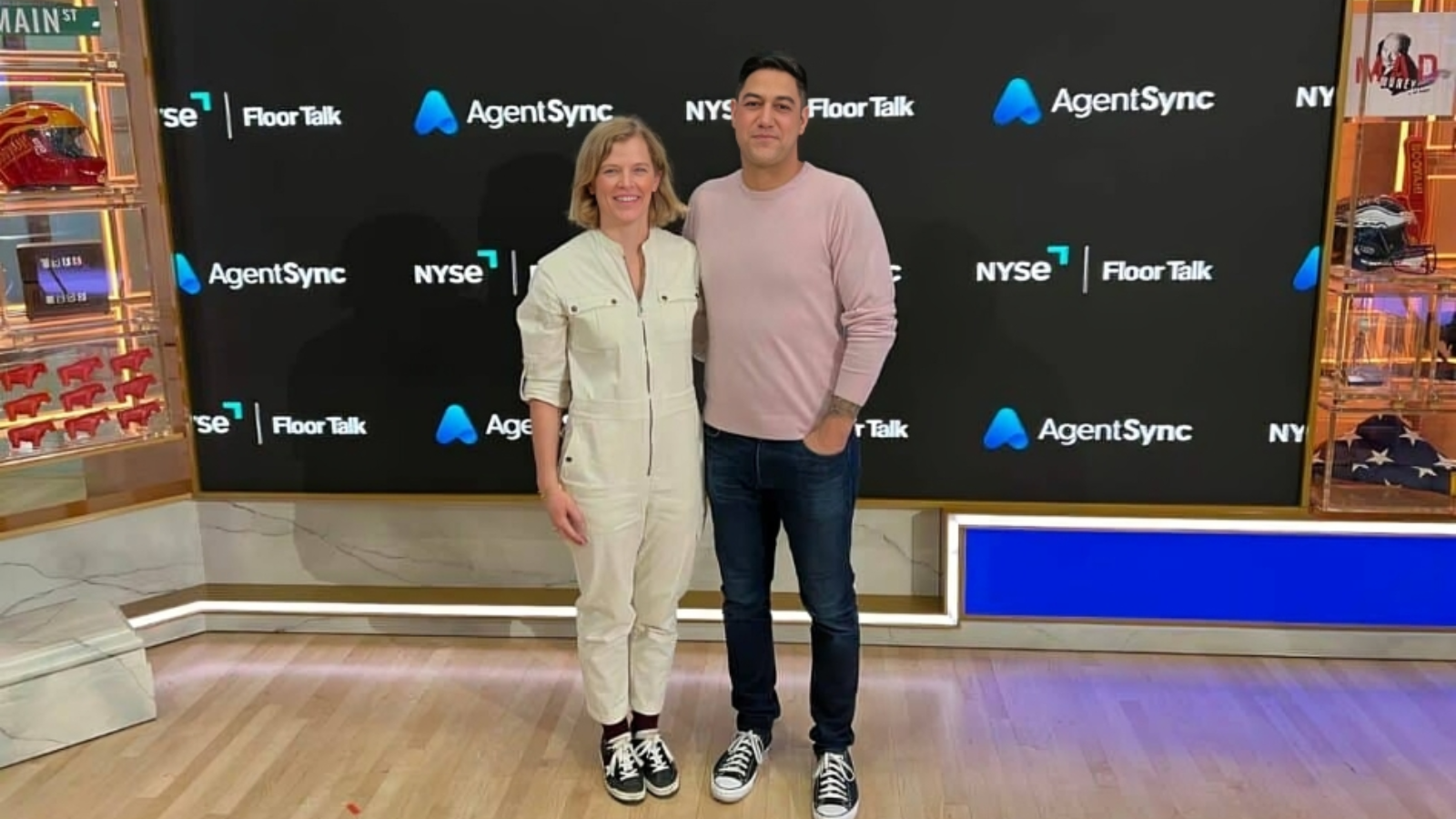
.png)